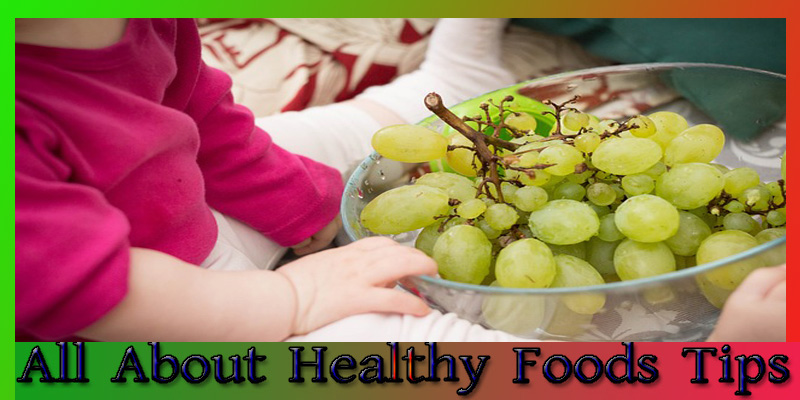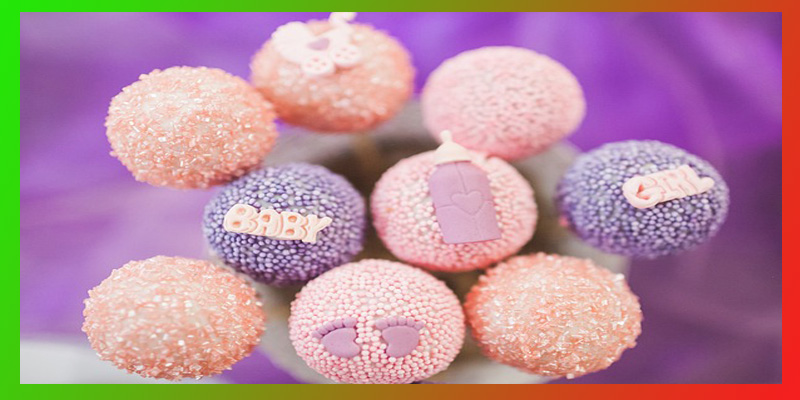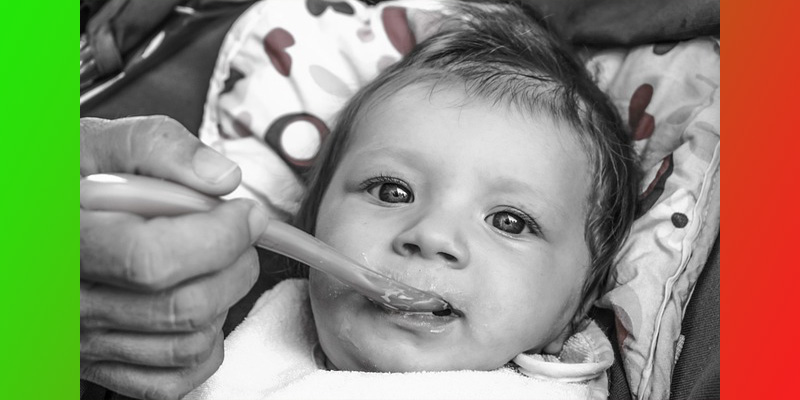100 first foods for baby list
100 first foods for baby list-Make sure your baby’s first foods are nutritious and delicious with this list of 100 first foods for baby. From fruits and vegetables to proteins and grains, there’s something for everyone on this list. Plus, we’ve included some tips on how to make sure your baby enjoys their first foods.
Check out our list of 100 first foods for babies and toddlers. This list includes some of the best foods to introduce to your baby when they are ready to start solids.
Learn about the different baby foods you can introduce as well as some of the best first-foods to try.
Breakfast for 10 month old babies
The following list of 100 first foods for baby has been compiled to give you some ideas of what you can feed your baby when they are ready to start solid foods. You might like to use it as a general guide to what is a safe first food for your baby. However, you should always check with your baby’s doctor to see what your baby should be eating, and when.
Best breakfast for 11 month old baby
A good doctor will also have a list of good first foods for your baby, and will also be able to advise you on what to feed your baby once they are ready for solid foods. It is very important to remember that a baby’s digestive system is immature, and that introducing foods too early can cause babies to suffer from digestive problems.
If you are feeding your baby breast milk, or formula, you should wait until your baby is six months old before offering any new foods. It is also important to remember that babies will only be able to digest a certain amount of food at one time, and that they will need some time to adjust to a new food.
Fruit
Infants typically like sweet flavors, so it’s no wonder that fruits are one of the first foods babies eat. If you are introducing solids to your baby for the first time, you will want to introduce one new food at a time to help rule out any possible allergies. Fruit is a good place to start because it is easy to digest and low in allergy-causing proteins.
When choosing a fruit to start with, the best choice is something that’s in season and locally grown. Look for fruits that are firm and have no soft spots. Here are some great choices for first fruits for your baby.
- Apples
- Bananas
- Blackberries
- Raspberries
- Strawberries
- Blueberries
- Peaches
- Mangos
- Avocado
- Grapes
- Tomato
- Melon
- Cantaloupe
- Pineapple
- Pear
- Oranges
- Nectarines
- Apricots
- Kiwi
- Lime
- Lemon
- Watermelon
- Grapefruit
Vegetables
The first foods for your baby can be a very exciting time for you and your family. It can also be a source of anxiety, as you try to figure out what’s safe to feed your precious little bundle of joy. While it’s true that your baby will be able to enjoy a wide variety of food as they grow, there are plenty of delicious and nutritious first foods that will help to promote healthy growth in your baby.
- Carrots
- Broccoli
- Cauliflower
- Zucchini
- Cucumber
- Peppers
- Brussel sprouts
- Kale
- Pickles
- Peas
- Onion
- Green onion
- Parsnips
- Spaghetti squash
- Beets
- Pumpkin
- Spinach
- Corn
- Cabbage
- Green beans
- Lettuce
- Eggplant
- Turnip
- Asparagus
- Garlic

Starch
Most babies will start eating baby food around 6 months. One of the first foods most babies are offered is rice cereal. This is a good choice as it is a simple carbohydrate, which is broken down more slowly than other carbohydrates like bread, potatoes and sweets.
Best Healthy sweet corn for babies
This means it releases energy more slowly, which is good for babies who are just starting to eat solids. Rice cereal is also low in fibre, which means it can help to prevent constipation.
- Potatoes
- Sweet potatoes
- Butternut squash
- Gnocchi
- Spaghetti squash
Meat/Protein
High-quality protein is essential to help your baby grow. Protein delivers the building blocks for your baby’s brain, muscles, and other tissues. Protein is found in the following foods: * Beef * Chicken * Cheese * Milk * Bread * Yogurt * Eggs * Beans
- Chicken
- Ground beef
- Ground turkey
- Halibut
- Salmon
- Eggs
- Bacon
- Chicken/Turkey bacon
- Tofu
- Pork
- Shrimp
Grains
Grains food for baby: There are a lot of grain foods available in the market today. These are different kinds of grain foods that are suitable for baby’s first solid diet. The key is to remember that babies should not be given adult grains, even if they are finely ground, cooked or sweetened. So any baby foods that are made with grains are not suitable for babies under 12 months of age.
The best way to introduce grains to babies is to offer the grains plain. If the baby is really young and cannot chew, the baby can be fed a small amount first and then try it again later. This is to make sure that the baby won’t have an allergic reaction to the grains.
- Pasta
- Bread
- Oatmeal
- Rice
- Whole wheat tortilla
- Pita
- Couscous
- Quinoa
Legumes
Introducing your baby to solid foods can be a fun and rewarding experience. It can also be intimidating — especially for new parents. Most parents find that their baby is ready for solid food at about 6 months of age. If your baby was born prematurely, your pediatrician may suggest waiting until he or she is closer to the full-term age of 4 to 6 months.
The American Academy of Pediatrics recommends introducing a variety of foods within your baby’s first 12 months. But if your baby is ready before that, feel free to start earlier.
- Black beans
- White beans
- Lentils
- Chickpeas
Other
It’s the moment every parent has been waiting for: Your baby is ready to start eating solid food. But what’s the best first food for your baby? How much should you give him or her? And what about those small, hard-to-crunch foods that can be choking hazards? Here’s what you need to know.
- Pesto
- Rice cake
- Peanut butter
- Almond butter
- Coconut oil
- Pasta sauce
- Salsa
- Crackers
- Cheerios
Prepped
The first year of your baby’s life is a whirlwind of changes. One day, you’re changing diapers and soothing colic. The next, you’re cruising the grocery store for the first time, picking out veggies, and making baby food. Whether you’re taking care of a newborn or a growing toddler, you’ll need to find a way to feed your baby nutritious meals. You’ll also need to figure out what that means. Eating food is an important part of every baby’s development.
It helps babies grow, gives them energy, and teaches them about the world around them. But that’s also a lot of pressure. You don’t want your baby to choke on a pea, or fill up on sweet snacks. But you also don’t want to spend hours in the kitchen, either. Fortunately, there are plenty of ways to give your baby a healthy start without spending a fortune or losing sleep. Keep reading to find out how to feed your baby without going crazy.
- Smoothie
- Pancakes
- Muffins
- Hummus
- Soup
- Waffles
- Birthday Cake!
What baby foods do you start first?
As a parent, you’re always excited when your baby starts eating solid food. You’ll probably start by offering your child the same foods that you eat. As your child grows, you can introduce new foods. Keep in mind that it’s okay to start your child off slowly with a few foods each day. Offer your baby a variety of foods each day. This will ensure that your baby gets a good mix of nutrients. Here are some foods to offer your baby.
What is the best first vegetable for baby?
There is a lot of debate about what the best first vegetable for baby is. Some experts say that baby should be given a variety of vegetables and others say that baby should be given a vegetable that is high in iron and vitamin C. As with most things, the best first vegetable for baby is one that your personal pediatrician recommends. Your pediatrician will probably either tell you the best vegetable for baby is one that is high in iron and vitamin C, or they will recommend a variety of vegetables to be eaten.
What fruit should I start my baby on first?
For parents wondering what fruit they should start their baby on first, the answer is simple: the baby’s first food should be fruit. In the past, parents were told to avoid feeding babies fruit because it was thought to be too acidic and would cause digestive issues. This misinformation comes from the outdated idea that babies were not able to handle solid foods, and that fruits and vegetables were particularly dangerous.
This is not the case. While babies may not be able to eat as much fruit as adults, fruits are perfectly safe to give to babies, and can often be convenient because they are already in puree form. Babies should be able to eat fruits as soon as they are introduced to solids at around 6 months old.
Bottom Line
Our blog has been created to be a helpful resource for expecting parents. We hope that you find it useful and share it with family or friends who may be going through the same thing. The list of first foods for babies is based off of the book “What to Feed Your Baby” by Dr. Alan Greene. These foods are the first foods that babies should eat. You should start with the first food on this list and work your way down to the last one. If your baby has any reactions to any of these foods, please contact your pediatrician.














No comments:
Post a Comment